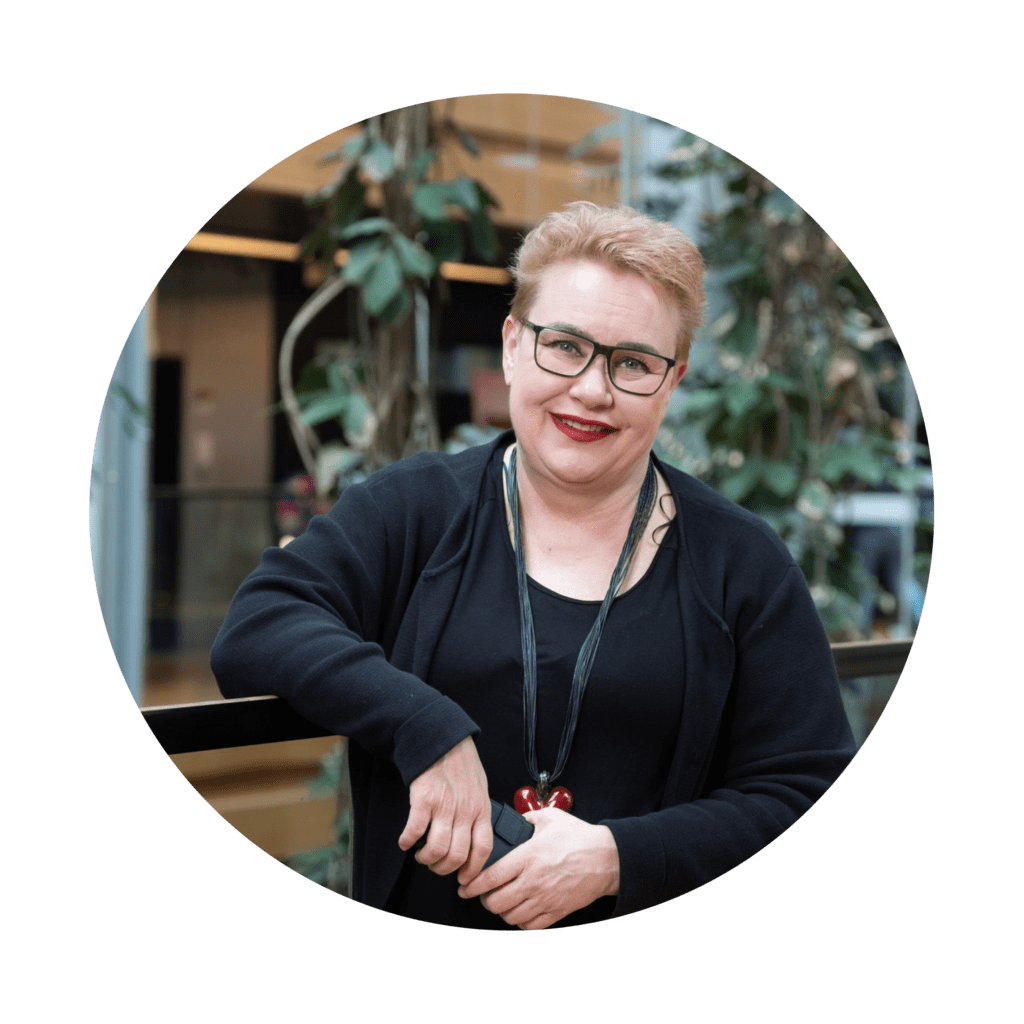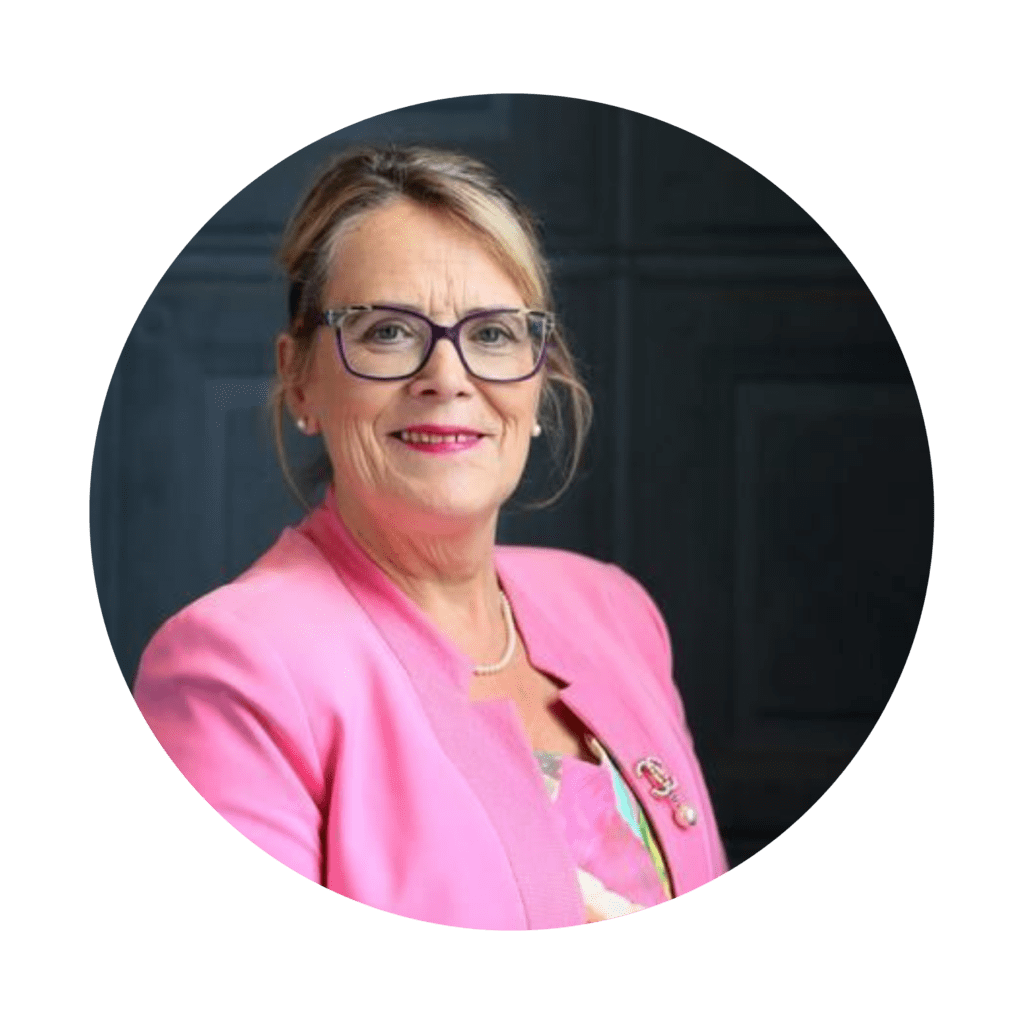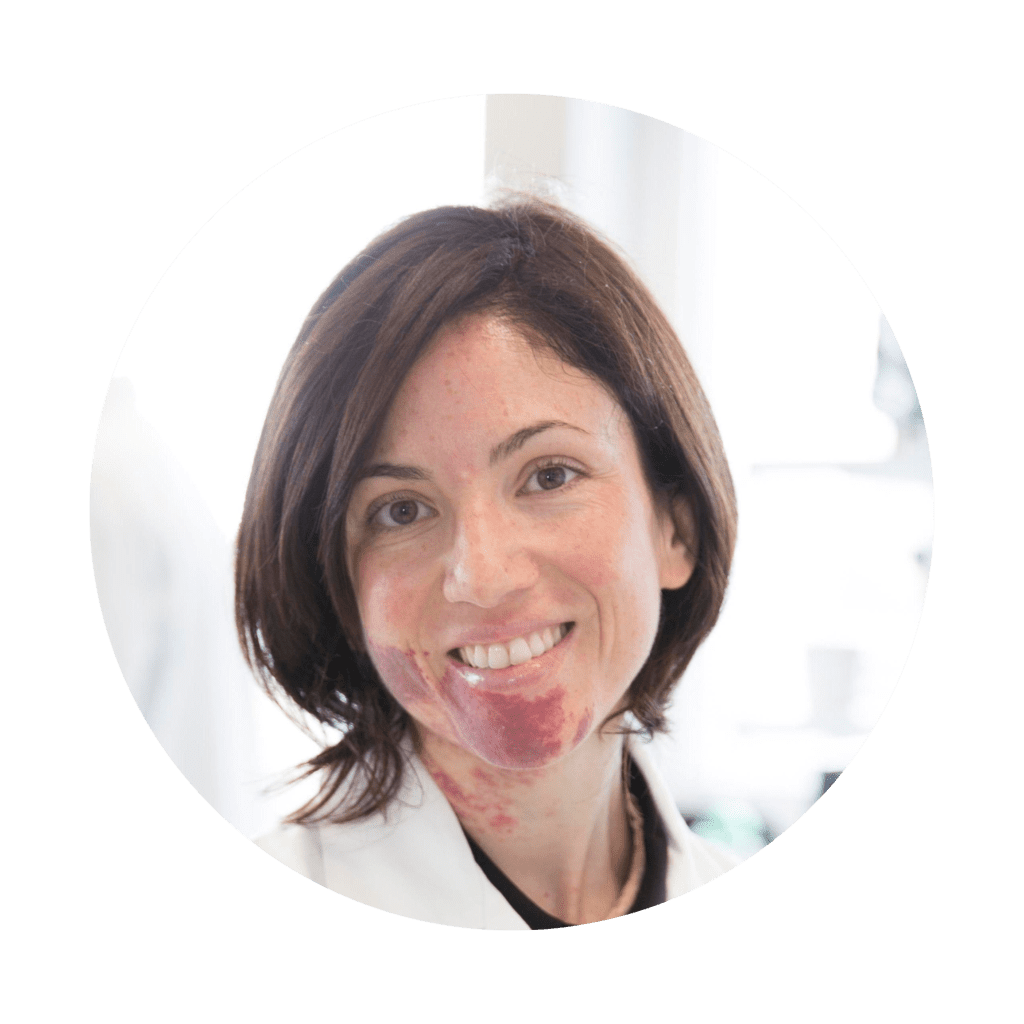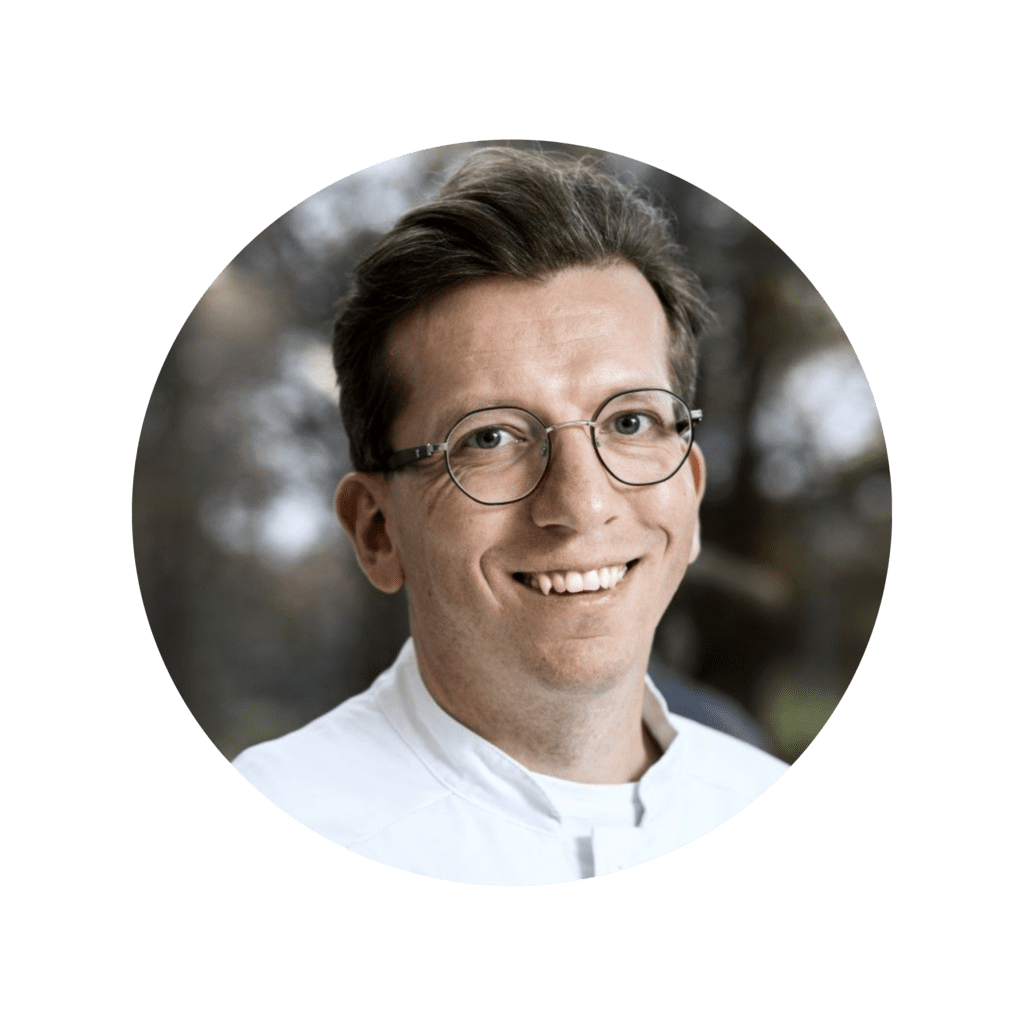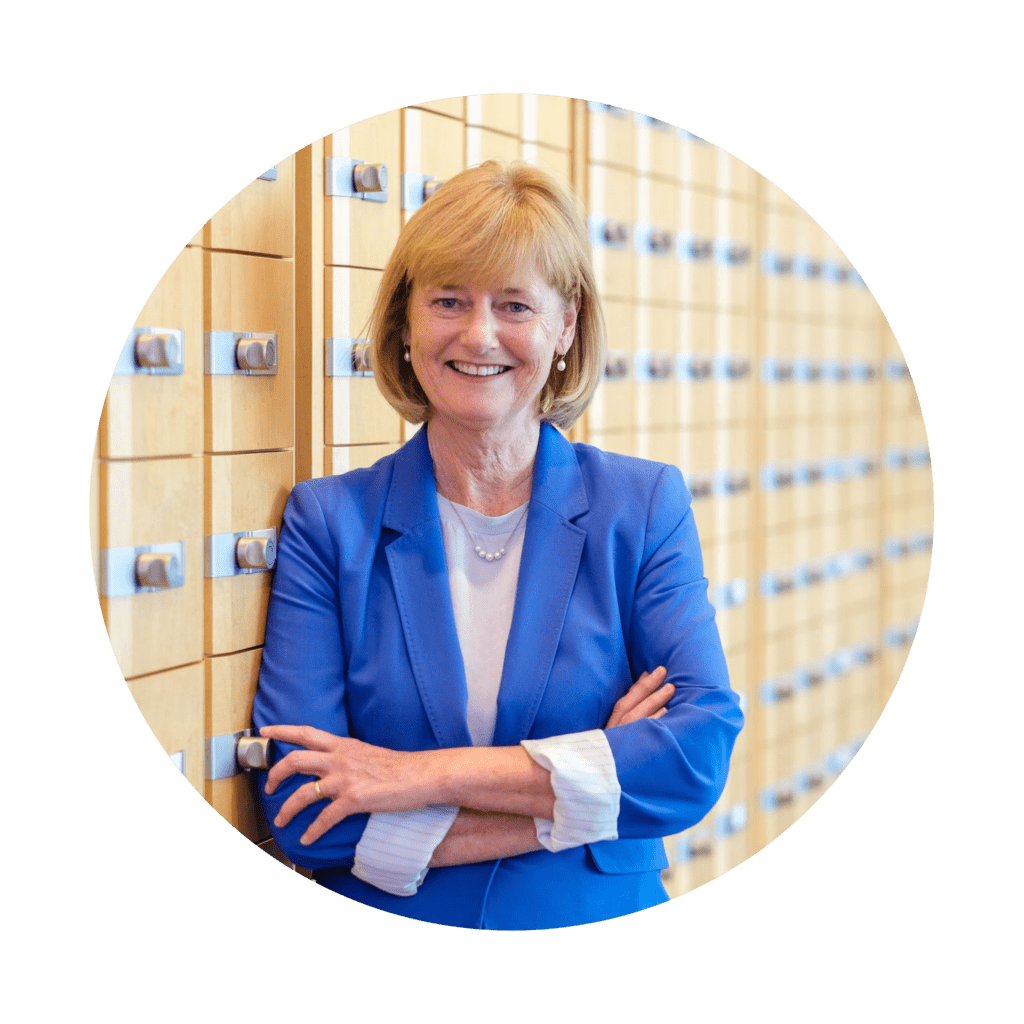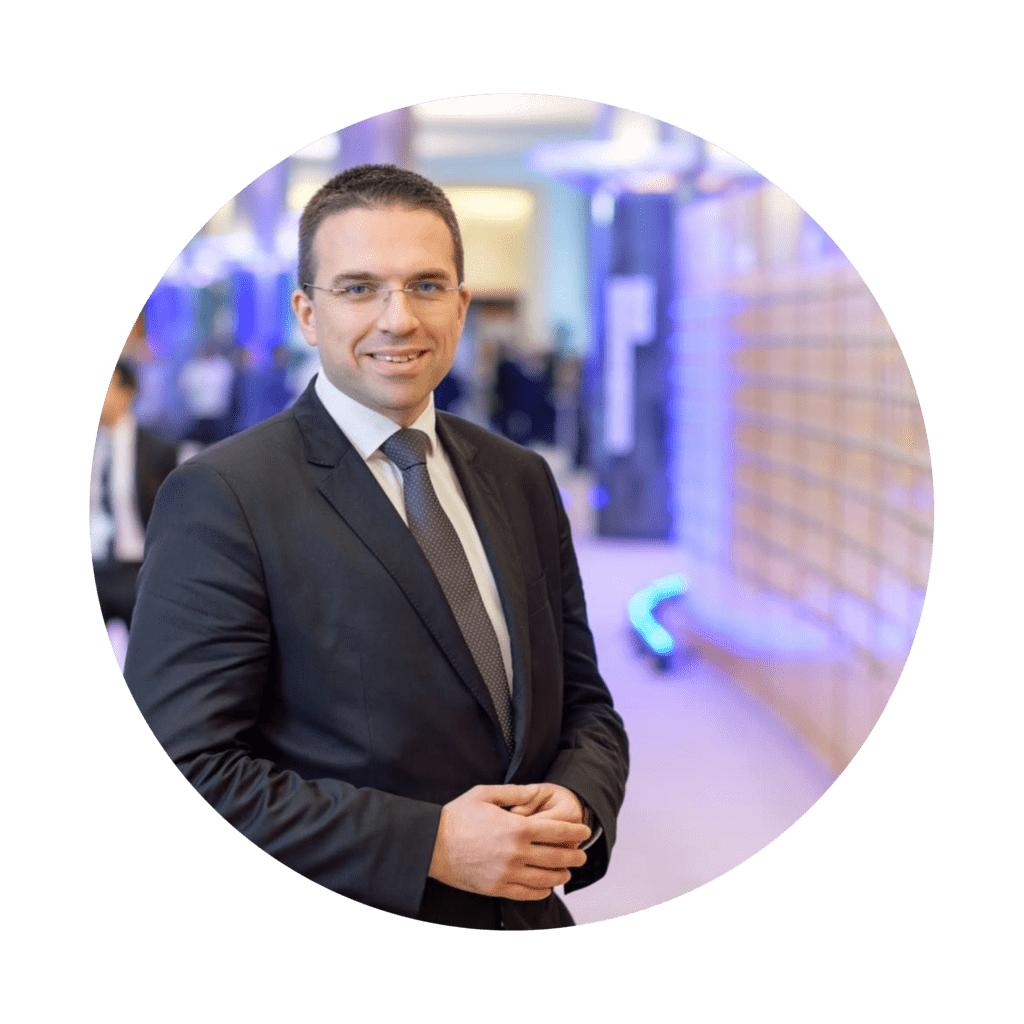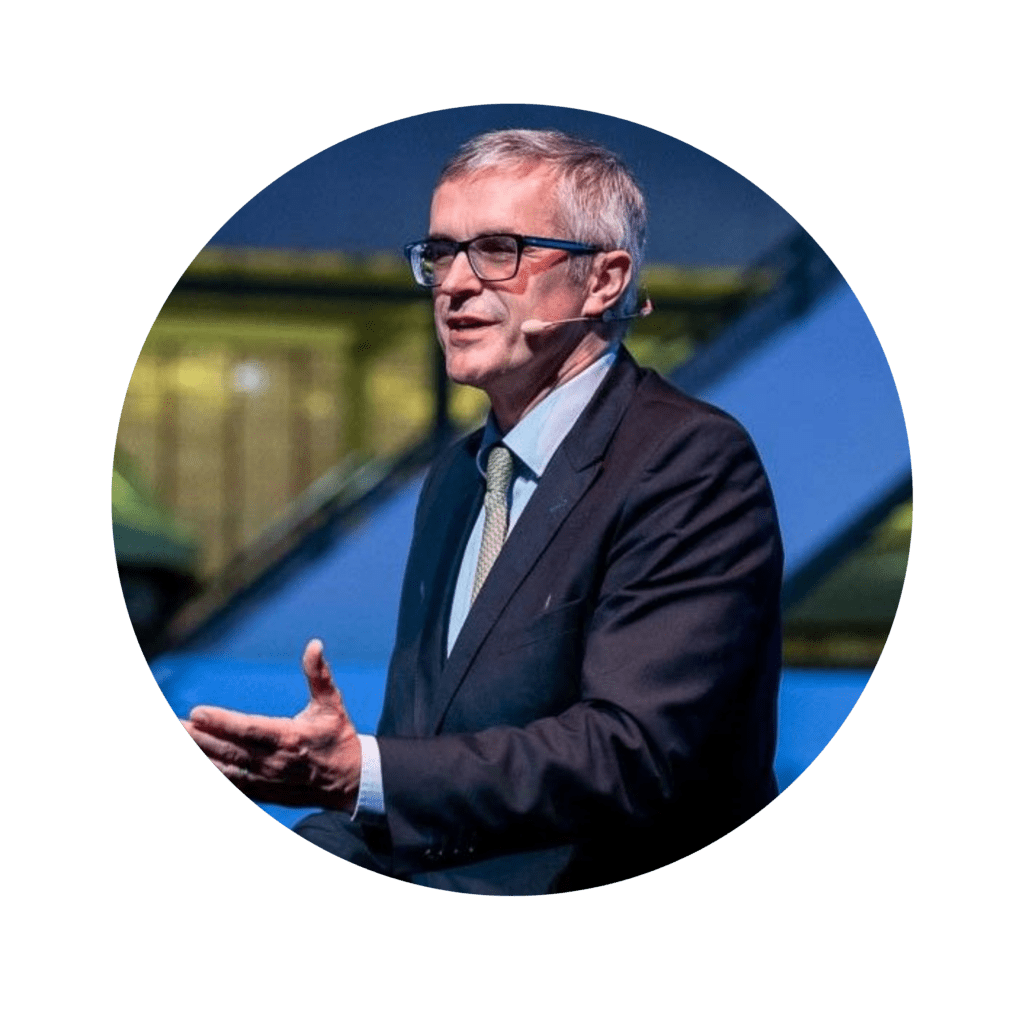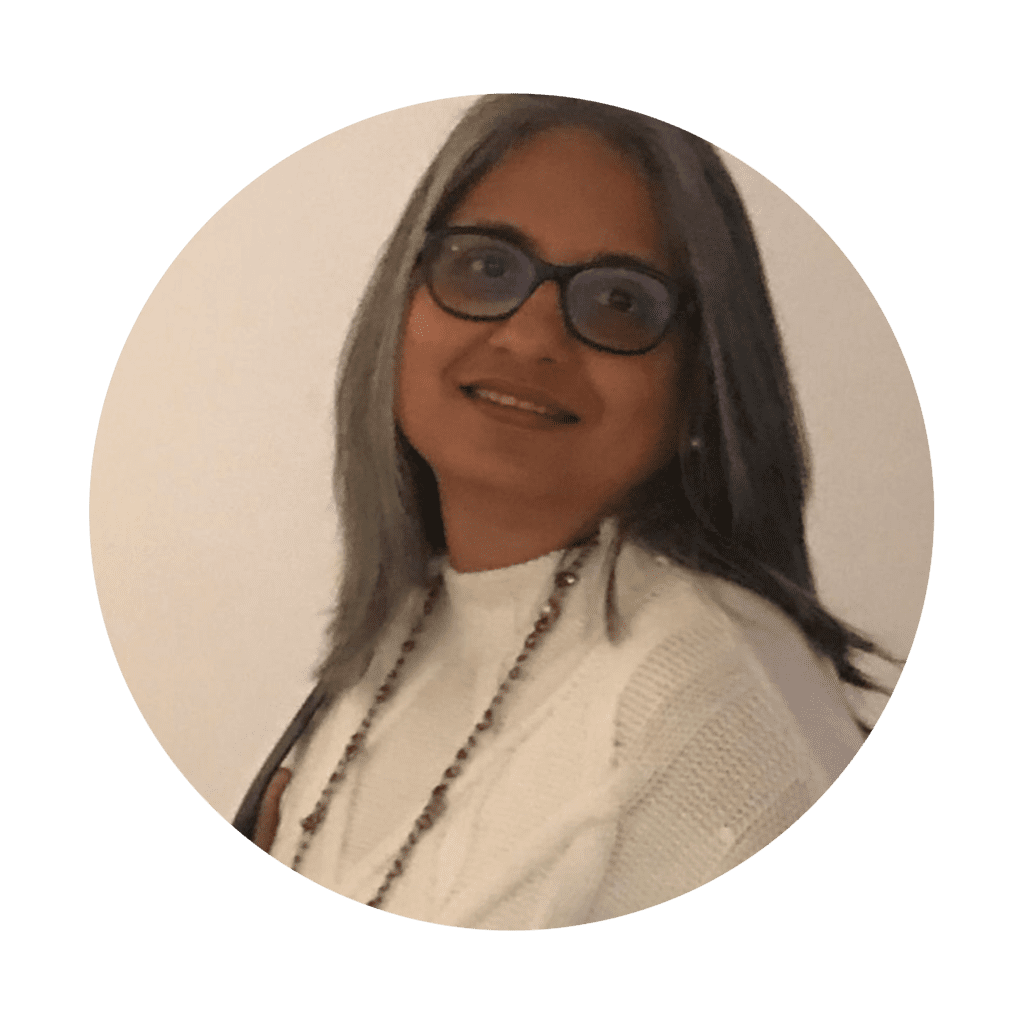Every three seconds someone develops dementia and for most of these individuals this will be as a result of Alzheimer’s disease, the leading cause. Alzheimer’s is a relentless neurodegenerative condition which robs people of their memories, their independence, their relationships, and ultimately, their lives.
On 24 January 2023, the European Brain Council (EBC), in collaboration with the European Federation of Pharmaceutical Industries and Associations (EFPIA), organised a digital event “RETHINKING Alzheimer’s disease: Detection and diagnosis”, looking at the need to rethink the way we approach detection and diagnosis of Alzheimer’s disease.
More than 475 people from all over the world registered to attend the event, including many representatives from the NGO sector, government institutions and industry.
The outcomes of the discussions and the results of the pre-event survey conducted among the registrants will feed directly in the policy recommendations of the White Paper “RETHINKING Alzheimer’s disease: Detection and diagnosis”, to be officially released following the event.
Rethinking detection and diagnosis of Alzheimer’s disease
The event kicked off with opening remarks from MEP Sirpa Pietikäinen (EPP, Finland) and an inspiring keynote speech from Helen Rochford-Brennan (Irish Dementia Working Group), highlighting the value of an early diagnosis from a patient perspective.
‘Looking at the magnitude of the disease, we need EU cooperation and knowledge to develop an EU Alzheimer’s disease programme. We need to create an EU model to support global action on early diagnosis, treatment and independent living support for all those affected by Alzheimer’s disease.’
‘My story is a story of voice and rights. Having received an early diagnosis has enabled me to become an advocate for those living with Alzheimer’s diseaase, to ensure their voice is heard and that they are involved. We have the experience. It is important that law makers understand and act upon our needs.’
The second part of the event continued with an experts’ panel discussion, moderated by Laura Campo (Eli Lilly and Company), featuring experts involved in the RETHINKING Alzheimer’s disease project, Kristian Steen Frederiksen (European Academy of Neurology), Maria Teresa Ferretti (Women’s Brain Project) and Linus Jönsson (Karolinska Institutet). The panel emphasised a clear need for new clinical pathways building bridges between all stakeholders to improve the current situation and prepare for the future.
The event concluded with a high-level policy panel, moderated by Frédéric Destrebecq (European Brain Council), with MEP Tomislav Sokol (EPP, Croatia), MEP Deirdre Clune (EPP, Ireland), Andrzej Rys (Principal Scientific Adviser, Directorate-General for Health and Food Safety – DG SANTE, European Commission) and Dr. Neerja Chowdhary (World Health Organization). The panelists explored what could be done to support the early detection and diagnosis of Alzheimer’s disease at the European and national level.
‘We have normalised conversations about health disorders (diabetes, blood pressure…) but when it comes to the brain, there is huge stigma. We need to talk more openly about Alzheimer’s disease as we do for other conditions.’
‘New diagnosis tools and treatments go in tandem. Collaboration between countries will be essential to understand how to use the new technologies to their full potential by following-up patients on a routine basis and sharing data and learnings.’
‘National dementia plans have been the vehicle for real changes that have mattered in the lives of those living with AD. I would urge every country in the EU to have an action plan that specifically focusses on diagnosis as the entry point to care and on research to be included in the care pathway. These should not be two separate streams.’
The event concluded with a high-level policy panel, moderated by Frédéric Destrebecq (European Brain Council), with MEP Tomislav Sokol (EPP, Croatia), MEP Deirdre Clune (EPP, Ireland), Andrzej Rys (Principal Scientific Adviser, Directorate-General for Health and Food Safety – DG SANTE, European Commission) and Dr. Neerja Chowdhary (World Health Organization). The panelists explored what could be done to support the early detection and diagnosis of Alzheimer’s disease at the European and national level.
‘Collaboration, increase in research funding, sharing of information and best practice: let’s learn from the achievements reached during the COVID-19 pandemic and from the EU Beating Cancer Plan. We now know that we can achieve a lot though collaboration. It’s now time to put dementia and Alzheimer’s disease at the centre stage.’
‘Let’s build on the EU financial and regulatory instruments to improve the detection and diagnosis of Alzheimer’s disease: EU research funding with Horizon Europe, Member States medical infrastructure and workforce development with the Cohesion Funds and the EU Recovery Plan, incentives for discovery of new treatments followed by swift and equal access to patients across the EU, exchange of comparable data to increase innovation with the European Health Data Space.’
‘By addressing the plurality of skills needed to detect and diagnose AD, and by learning from evidence-based data to improve healthcare systems, the Innovative Health Initiative, a public/private partnership involving several sectors of industry, has the potential to support Member States’ healthcare systems and their readiness to embrace.’
‘Detection and diagnosis of dementia is a WHO priority. WHO will continue monitoring the targets of its dementia action plan through the Dementia Observatory and address the barriers and challenges.’



